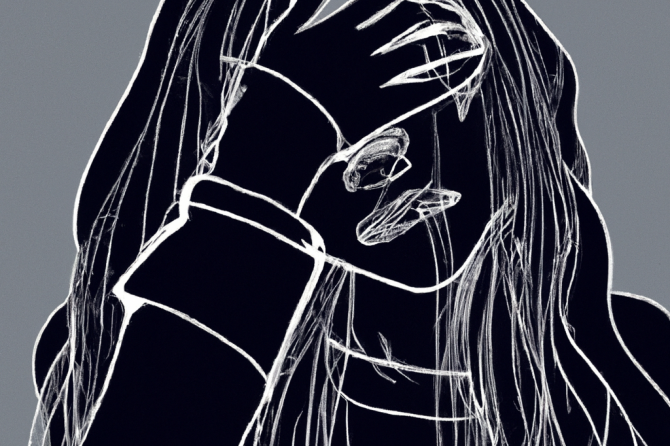
Depression and Empathy
Depression is a complex mental health disorder that affects millions of people worldwide. It can impact many aspects of a person’s life, including their ability to empathize with others. Empathy is the ability to understand and share the feelings of others, and it plays a vital role in building healthy relationships, creating connections, and maintaining social bonds. However, when someone is struggling with depression, their ability to empathize can become compromised.
Depression and Empathy
Depression can make it challenging to connect with others emotionally. It can be hard to understand how others feel or even care about what they are going through when one is struggling to cope with their own negative thoughts and feelings. People with depression may experience a range of symptoms that can impact their ability to empathize, including:
- Emotional numbness – Depression can lead to emotional numbness, making it difficult for a person to feel emotions or identify emotions in others.
- Negative thinking – Depression can cause negative thinking patterns, which can make it difficult for a person to see the positive aspects of a situation or understand the perspectives of others.
- Social withdrawal – People with depression may withdraw from social situations, which can limit their exposure to diverse perspectives and experiences.
- Self-focused thinking – Depression can lead to self-focused thinking, where a person is preoccupied with their own problems and struggles to consider the needs and feelings of others.
How Depression Affects Empathy
Empathy is a complex process that involves multiple brain regions and neural pathways. Several studies have explored how depression affects empathy and found that it can impact different aspects of empathic processing, including:
- Cognitive empathy – This type of empathy involves the ability to understand and identify another person’s emotions. Depression can impair cognitive empathy by making it difficult to read or interpret emotional cues accurately.
- Emotional empathy – This type of empathy involves sharing the emotional experience of another person. Depression can impair emotional empathy by limiting a person’s ability to feel emotions.
- Compassionate empathy – This type of empathy involves feeling concern for another person’s well-being and taking action to alleviate their suffering. Depression can impair compassionate empathy by making it challenging to take action or engage in supportive behaviors.
Overall, depression can have a profound impact on a person’s ability to empathize with others. It can lead to emotional numbness, negative thinking patterns, social withdrawal, and self-focused thinking, all of which can make it challenging to connect with others emotionally. If you or someone you know is struggling with depression, it is essential to seek professional help to address the underlying issues and improve mental health outcomes. With appropriate treatment and support, individuals with depression can recover and regain their ability to empathize with others.
If you or someone you know is suffering from depression, you can find a list of English-speaking healthcare provider in the ESHA Spain business directory
Leave a reply





Leave a reply